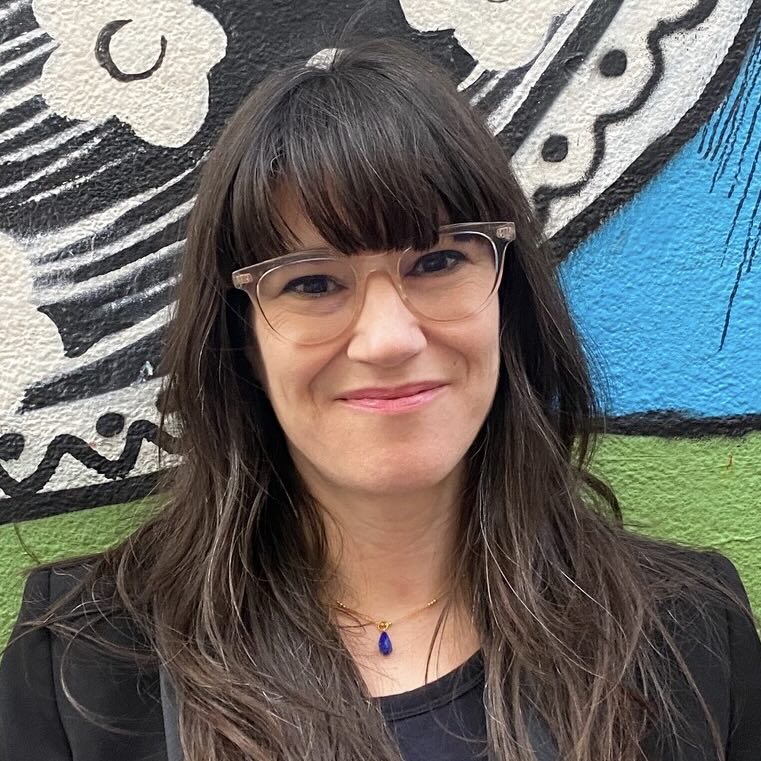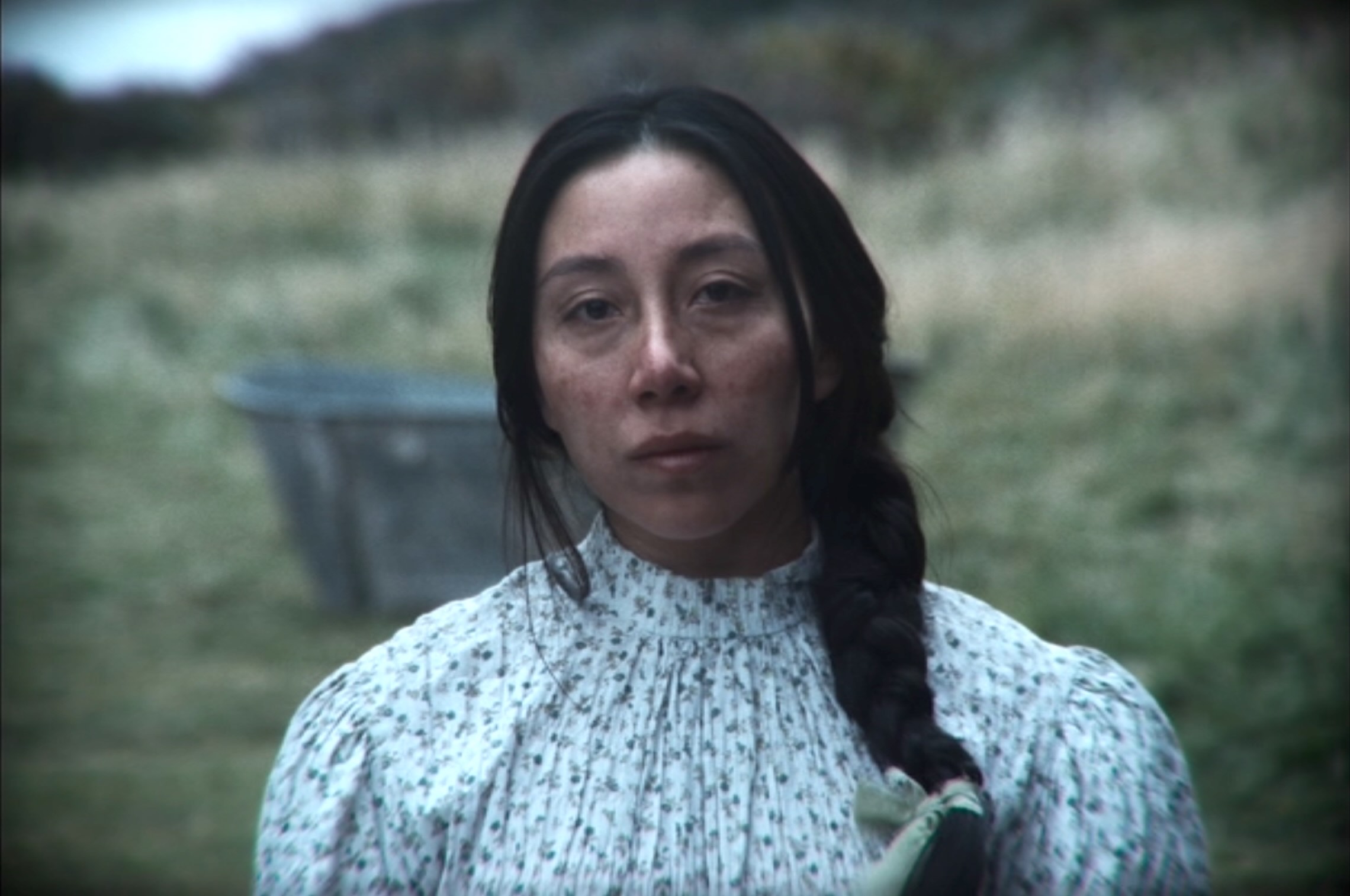“Imperfect Archives: The Perils and Potential of Anti-colonial Film Aesthetics”
The Rosenwald, Vogelstein Center for Drama and Film (VCDF), 109

The Film Department with co-sponsorship from the Political Science Department, Latin American & Latinx Studies, the the History Department, the Media Studies Program, the International Studies Program, the Art Department, and the Anthropology Department present a lecture by Rosalind Galt, “Imperfect Archives: the Perils and Potential of Anti-colonial Film Aesthetics.”
Visual scholars have explored the history of photography and cinema as colonial technologies, from historians of early cinema’s embrace of the ‘exploration film’ to decolonial theories of the camera as a technology of capture and expropriation. Cinema’s gaze encodes a hierarchy of observer and object that has inevitably been intertwined with systems of power and yet cinema has also been a key site for liberatory forms; from anti colonial solidarity movements across the Global South to feminist, queer, and indigenous filmmaking. This lecture explores the legacies of these histories for contemporary Latin American cinema. Today’s decolonial practices inherit systems of colonial violence but they are also haunted by the radical visions of the 1960s and 70s. In Chile, filmmakers in the last decade have returned to the country’s history of genocide against native peoples in films that also reflect on more recent histories of oppression. Chilean cinema offers an archive of cinematic forms created during Allende’s socialist government and in response to Pinochet’s violent coup and subsequent dictatorship. This period casts a long shadow: what do its images mean for artists and audiences today? By analyzing films such as The Settlers / Los Colonos (Felipe Gálvez Haberle, 2023) and Bad Influence / Mala Junta (Claudia Huaiquimilla, 2016), Professor Galt argues that contemporary film aesthetics reveal both cinema’s implication in the violent coloniality of the gaze and the powerful methods of its resistance.
